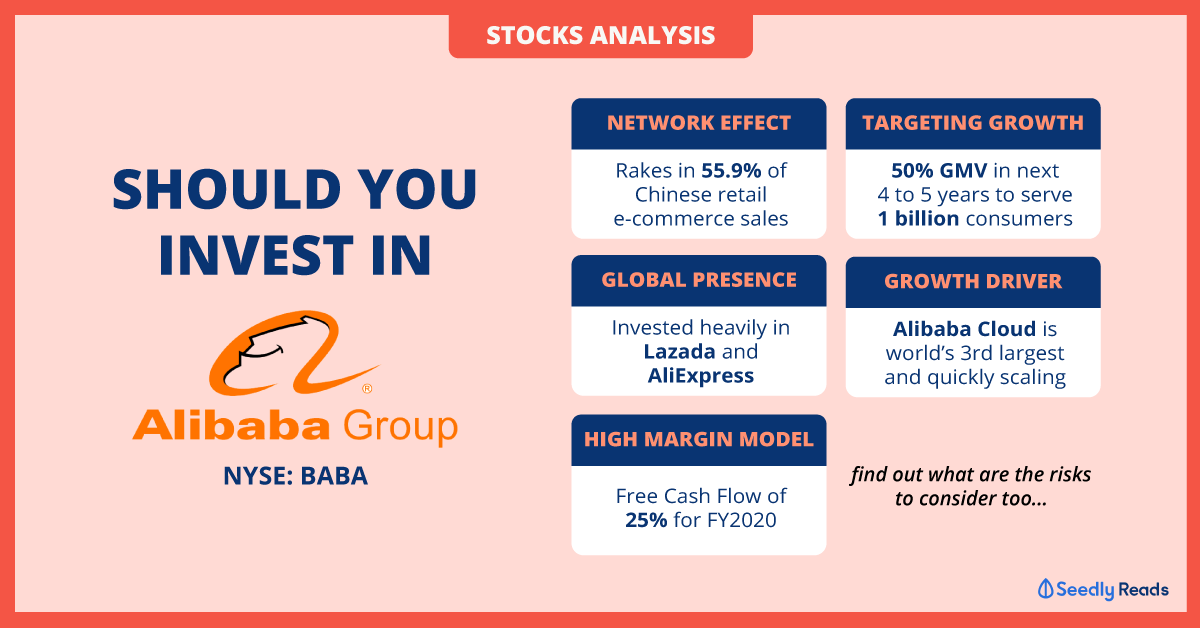Advertisement
Hi! Do you think there is over-diversification?
Most people preach about diversification by investing into mutual funds, STI etc. Do you think there is a point of over-diversification?
8
Post Merged
This post is no longer accepting new comments because it has been merged with Is there such thing as overdiversification of portfolio?
Discussion (8)
Kelly Trinh
21 Nov 2019
Backoffice technical at financial services firm
Reply
Save
Paridhi Jhunjhunwala
19 Nov 2019
Associate at Kristal.AI
Hi!
Yes, there is a chance that over-diversification takes place. Diversification refers to the process of investing in different asset classes to reduce the risk of the portfolio. This is because different asset classes (equity, debt etc.) show varying returns in the same situation. Thus, negatively correlated assets provide diversification benefits as the negative returns from one asset can be compensated by the positive returns in another category.
However, once the unsystematic or diversifiable risk has been eradicated, there is no benefit derived from adding more aseets into the portfolio. Now, the portfolio will be over-diversified.
I work at Kristal.AI, and it's my passion to evaluate various upcoming investment opportunities.
Hope you find this helful.
Reply
Save
Pang Zhe Liang
18 Nov 2019
Lead of Research & Solutions at Havend Pte Ltd
Yes, over diversification is real. While we add and balance different asset class in an attempt to d...
Read 2 other comments with a Seedly account
You will also enjoy exclusive benefits and get access to members only features.
Sign up or login with an email here
Write your thoughts
Related Articles
Related Posts
Related Posts
Advertisement









Need to consider what you mean by over diversification - diversification of an investment portfolio aims to remove so-called nonsystemic volatility through holding many (hopefully uncorrelated) assets.
STI has 30 constituents (and is considered quite a narrow index), S&P500 has 500 (companies - holdings are slightly higher due to dual class shares) and some world stock ETFs have thousands of underlying holdings. A breadth of exposures is generally considered desirable for a long term investor.
However, if you are directly holding many different instruments (eg 30 different holdings, whether direct shares or managed funds or ETFs) then you start to lose track of entry time/price and less clear about overall strategy/asset allocation. That is obviously not desirable but that doesn't take away from underlying benefits of diversification.